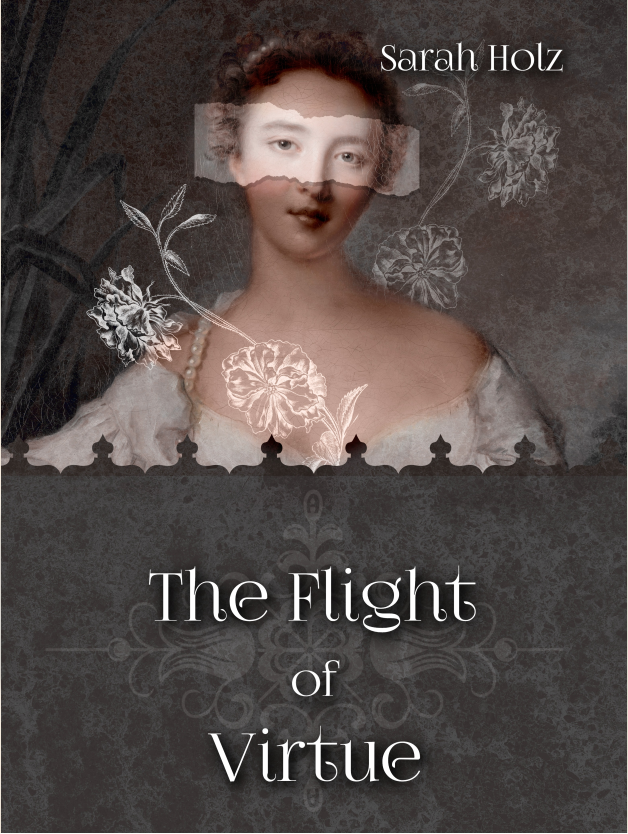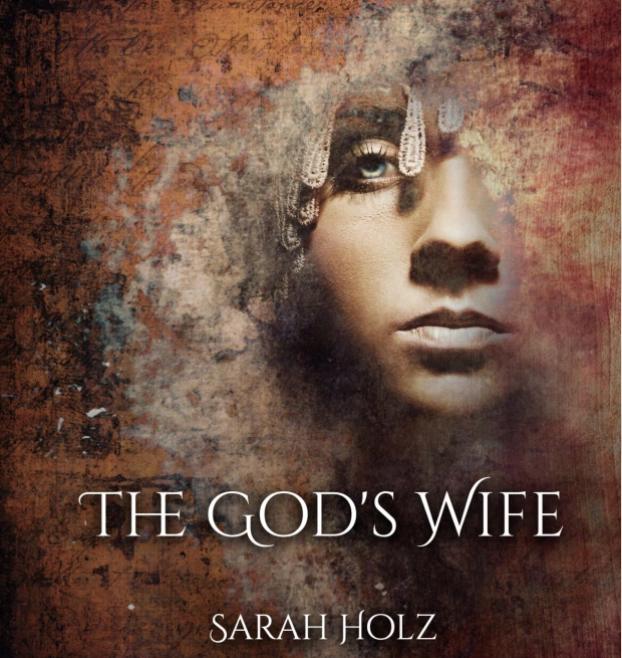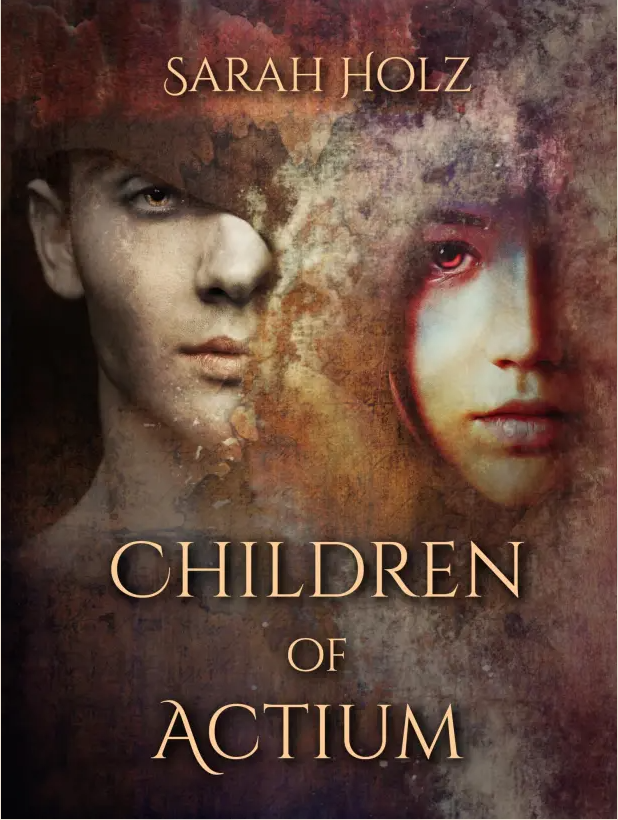This coming Saturday I’ll be in conversation with historical novelist (and my freelance client) Sarah Holz about one of her comparative titles, Hilary Mantel’s Wolf Hall. In case any part of that sentence doesn’t entice you to register for the live conversation, I hope the following “getting to know you” conversation will.
(Oh! And please pick up Sarah’s latest historical novel, The Gourd and the Stars, which debuts this Friday, January 12.)
Jessica Hatch for Comp Title Book Club (JH): Tell us a little about yourself.
Sarah Holz (SH): I’m a nerdy girl from Buffalo who fell in love with Pittsburgh during college, and aside from a brief interlude in Cleveland for law school, never left. Unfortunately for my prospects as an attorney, an editorial internship with Thompson Reuters reignited my love of writing and publishing, and after a few more detours, I decided to focus on my childhood dream of being an author. With the incredible support from my wife (and our cats), I’ve published five novels and have been so fortunate to find a small but loyal audience of readers. Aside from nurturing my never-diminishing to-read shelf, I love traveling, horseback riding, and obscure trivia.
JH: What is your favorite sort of book to write?
SH: I love historical fiction because I like learning new things about the past and then crafting a story that gets other people excited about it, too. A common complaint you’ll hear from readers in nonfiction history and biography is that they still don’t feel like they “know” the people involved when they’re done. I think fiction can be a great vehicle for finding that connection. And while I don’t think I have the talent for mystery/thriller writing that some of your other guests have, there is an adjacent element of puzzle construction in historical fiction. You read about an event or a person and to create a story that will resonate with your readers, you have to find the “why” of the bare facts—why might things have happened this way, and what could a person’s words and actions say about them? Teasing this out with the extra latitude fiction provides can be so much fun.
JH: What is your favorite sort of book to read?
SH: As voracious as I am, I’ll read just about anything, but nothing hooks me faster than a good character-driven story. I’m fascinated by interesting world building, but if there’s no one in an interesting world that I can connect with, I lose steam with the world pretty quickly. I also love any writer willing to make unexpected or unusual choices. These can be strictly structural or attached to the narrative, but bold decisions excite me as a reader, even when they don’t always completely stick the landing. That’s probably why I still love magical realism as a genre long after everyone else started rolling their eyes at it. A largely grounded story with some incongruous element of the fantastic or the uncanny? Sign me up!
JH: When did you start writing?
SH: The first thing I ever remember writing was a poem for an assignment in third grade that got rave reviews from my teacher, and I was hooked. I’ve been writing on and off since then, but I didn’t start getting serious about it until my late twenties when I decided if I was ever going to write a novel like I wanted to, I should just sit down and try it. The result was my first book, The God’s Wife.
JH: Do you have any new projects in the works that you can tell us about?
SH: After I finished with The Gourd and the Stars, I needed something a little less serious to play around with. So, in a turn of events that will either fill my readers with elation or despair, I’ve found the thread of an unintended fourth God’s Wife story centered on Zosime from Children of Actium as she and the gang have to save Rome from the schemes of her father, Sejanus. Like the other books in the series, it’s not an unserious story, but there’s plenty of divine hijinks and the central relationship is on some level a body-swap buddy comedy in which Zosime has to find her place between the Egypt of her childhood and the Rome that could have been her inheritance. It’s still very much a work in progress, but I think it has the potential to be a satisfying cap to the overarching God’s Wife saga.
JH: Speaking for myself, at least, I’m filled with elation! If you could have any two writers, living or dead, over for coffee or drinks, who would they be?
SH: If I’m meeting any of my favorite authors, I’ll probably have to choose potent potables over coffee so I have a better chance of coming off as something close to normal around them. So many good choices, but my inner middle-schooler, who plowed through all of her books in two and a half years, would pick Agatha Christie, and I’d even try not to talk about Hercule Poirot all night because I’d love to hear about the archeological digs she was on with her husband, and maybe she’d admit to what happened during those days she disappeared in 1926. And as our cocktail third wheel, perhaps not surprising to my readers, I’d like to get Ovid one on one. Even if it turns out that his writing voice really was a persona (right…), I don’t think it would take very many drinks to get him to spill the tea on everyone in early imperial Rome, and that could lead to a very entertaining evening.
JH: Oh, to be a fly on the wall for that one! What is your favorite book you read in the last year?
SH: Oh, gosh, it’s always hard to pick just one, isn’t it? One of my favorites from this past year, Rachel Cantor’s Half-Life of a Stolen Sister, kind of ties in with what I was talking about earlier with “big swing” stylistic and narrative choices. It’s essentially just a semi-fictional retelling of the life of the Brontës, but Cantor uses shifting genres and unexpected narrative tweaks to make something new and original out of what is very well-trod ground both in fiction and nonfiction. The result is probably divisive, but it was just so interesting to follow along and see what she’d do next.
JH: Interesting! Any advice for aspiring authors?
SH: Don’t be afraid to start because you’re too focused on the end result. Writing is what makes you a writer, not a big publishing contract or a specific level of acclaim. Write because it’s meaningful to you, and you’ll always have satisfaction in what you do. And remember, you don’t have to write your story entirely in chronological order. If you get stuck in one part, leave it and work on another. That’s one of the best ways to not get paralyzed by writer’s block.
JH: Well said, and sage advice at that! Speaking of “publishing contracts,” what is the biggest lesson you’ve learned since being published that you wouldn’t believe if you went back and told yourself?
SH: Despite how tough this industry can be, there are so many different ways to succeed, and so many ways to find a community within it. Whether you’re in the traditional groove, an indie author, or something in between—there’s room for everyone and I think that’s amazing.
JH: Absolutely. To wrap up, tell me, if you’re not writing or reading, what are you most likely doing?
SH: I had to laugh out loud that you had to specify to a group of writers to name something besides writing or reading; we really do have one-track minds, don’t we? On the rare occasions where I can put down my books or someone else’s, I’m most likely spending an afternoon in a museum recharging my creative batteries. I’m a hopeless visual artist, but something about walking around taking in art just tickles my brain. Not to mention it’s great way to just let your mind wander and perhaps stumble on some inspiration.
Thanks so much, Sarah, for the engaging Q&A. I’m very much looking forward to our further discussion on Saturday!
If you’d like to follow Sarah and get updates on her future novels, she says she is “(still)” on Facebook and Twitter (@SarahLHolz). Her most active online presence is her blog space, https://sarahholz.com, where she mostly talks about the weird books she’s currently reading, but she does occasionally post about her books as well.
The Gourd and the Stars is scheduled to be released in ebook and paperback on January 12, 2024, on pretty much any platform you can think of. Check it out, and we’ll see you on Saturday!


